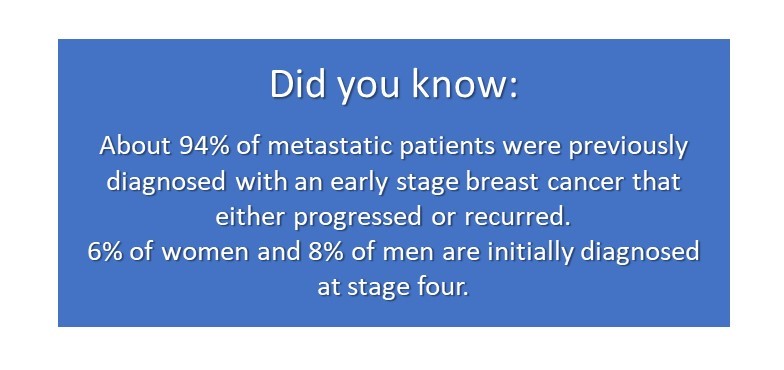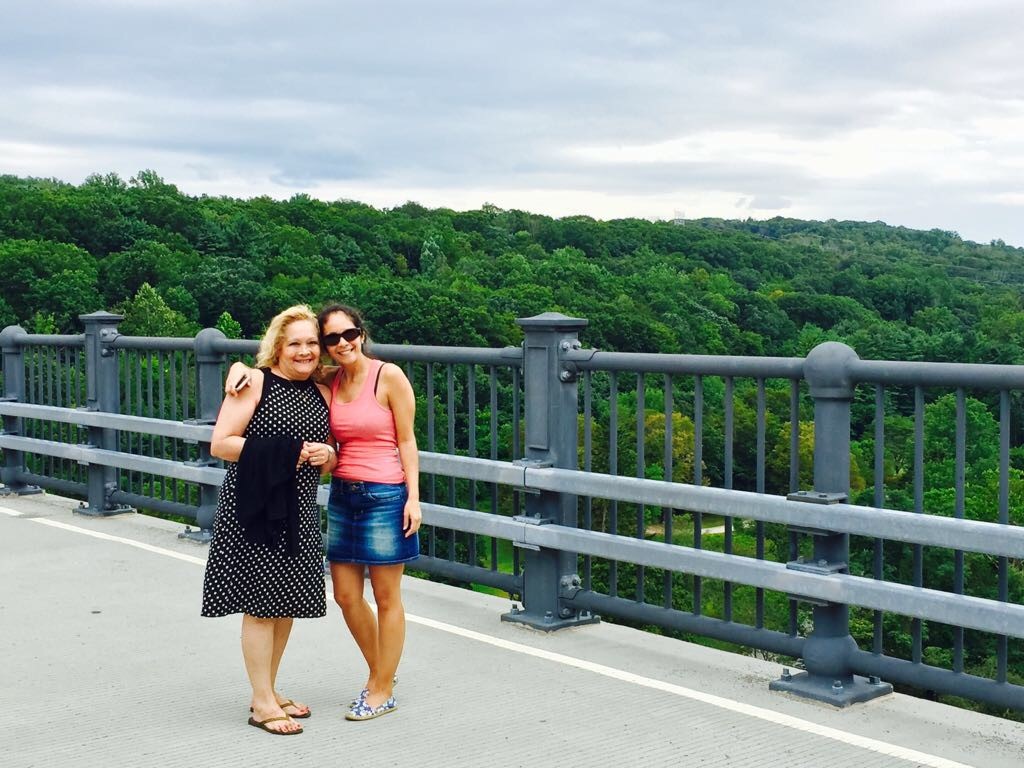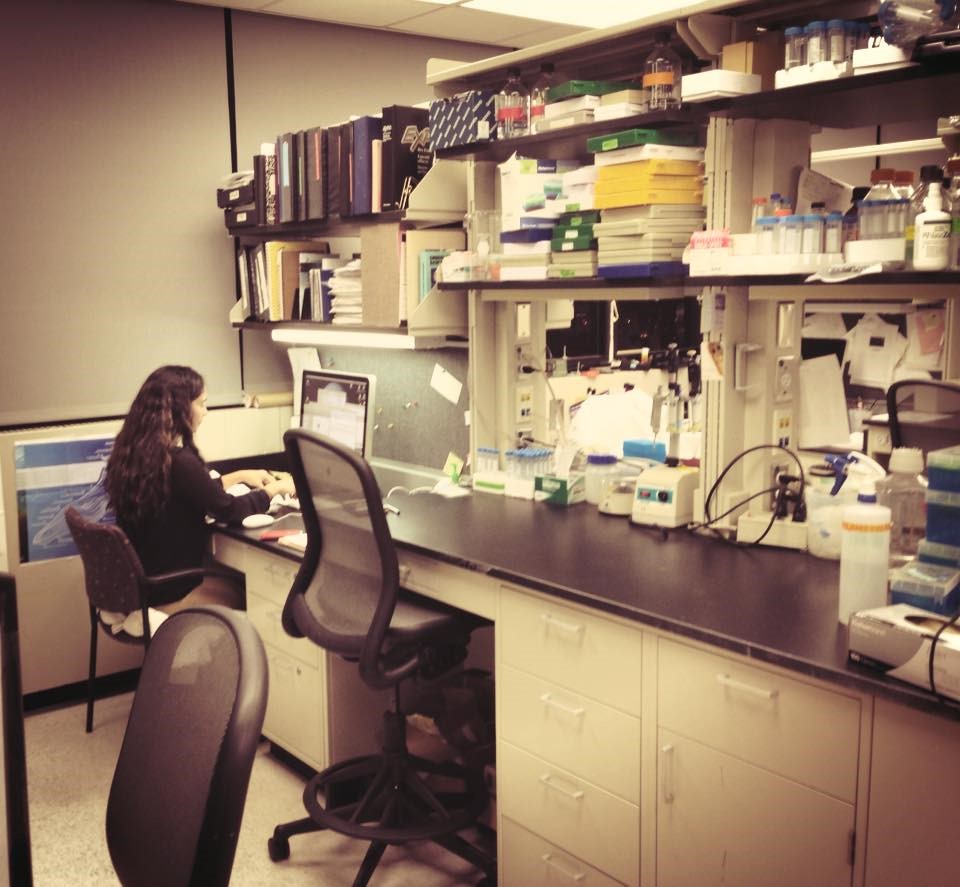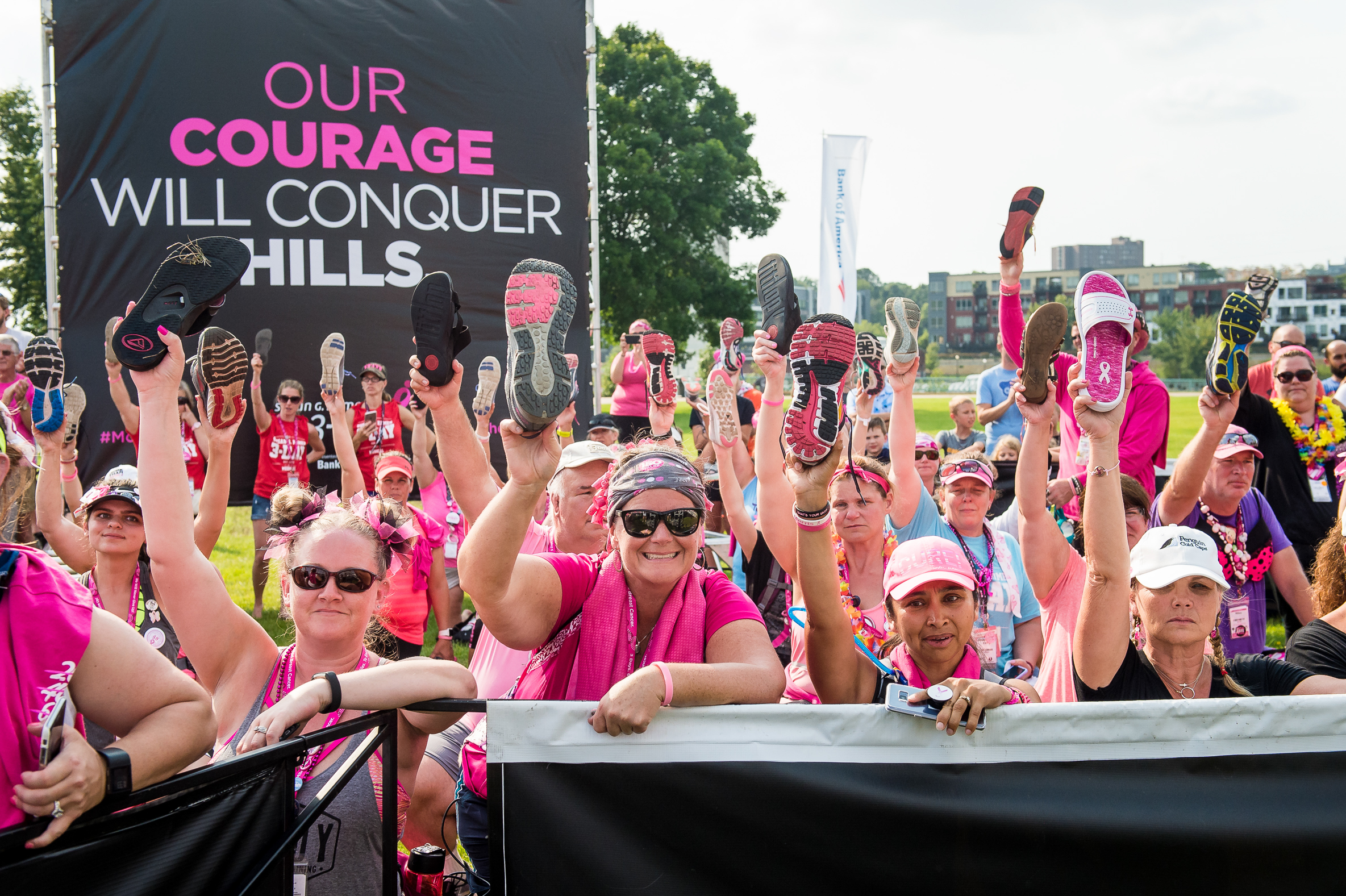Guest Post By: Kim Crist
After I finished treatment for early stage breast cancer, I never considered that I was in remission. I told everyone I was cured. The doctors told me after four months of chemotherapy and 40 rounds of radiation that I would be just fine. It took me a long time to really believe that I was going to be okay. For years, I couldn’t drive by my oncologist’s office without having that “sick to my stomach, I had just had chemo” feeling. But the nauseating fears were finally gone when I hit the five-year mark. I remember driving by my doctor’s office and realized I didn’t think about my cancer. I had finally let go of my fears and realized I really did beat this.
It turns out there is no way to know if you have a cancer cell tucked away. It was almost 10 years after my first diagnosis that I was diagnosed with Metastatic, or stage four, disease. They say if you go five or 10 years, you’ve beat it… I thought I was home free. Not one doctor told me the true statistics for recurrence. If I had known, maybe I would have been more diligent in taking my estrogen blocker. Maybe I would have done more research at the time. Perhaps I would have known what symptoms to look out for. The maybes, the what ifs take a toll.
Funny thing is, I thought I was taking care of myself. I worked out and lifted weights, I took exercise classes. I even thought I was doing too much because on two separate occasions I ended up in the ER with crippling back pain. I had to actually leave during the middle of a workout class. Each time being sent home with pain meds and muscle relaxers. Not one doctor asked about a cancer history.
It wasn’t until a routine yearly blood work and oncologist visit to get my mammogram prescription that my doctor saw a rise in my tumor markers…the results you have figured out. What does this diagnosis mean; Metastatic Breast Cancer?? As far as I’m concerned Metastatic disease is a polite way of saying you have stage IV cancer. Stage IV?? We get it now. At least one would think so.
I believe Susan G. Komen is a wonderful platform. We have so much information to share and research left to be done. Walking and raising money allows me to share my story and hopefully teach someone else what to look out for and what questions to ask. Why didn’t those doctors know to ask if I had a history of cancer? Why didn’t I know that bones are the most likely place for initial metastasis? Why didn’t I think to, or better yet, why didn’t I know to ask for an MRI over an X-ray? X-rays don’t show cancer. This is important information that I wish I had known and needs to be shared.
“We need to laugh. We need to laugh at ourselves”
Now, people ask me, “Are you in remission? You’ll be cured, right? Are you done with your medicine?” The answer? No, no and no. They ask, things like, “how long will your medicine work?” Until it doesn’t. Then I’ll find another drug. All in hopes of going another three months praying and stressing that the next scan is stable. I can live with it in my bones, I dread the day it attacks my organs.
Right now, there is no time for being sick and no time for stinky thinking. No time for rest. Now is the time for faith and giving back. Being a Susan G. Komen walker and super supporter has given me an opportunity to talk to people from all over the country. The 3-Day brings together a large community of fighters, survivors and the surviving.
As a 14-year walker I’ve not only seen the impact we have made in research, but I’m living proof. Coming up on five years, I would have never thought I’d have the quality of life that I do. My bones are weakened by the cancer slowly eating away at it, but now there is a simple shot I take every quarter to keep me strong. My freedom and quality come from not being stuck in a chemo chair. Breakthroughs have happened!! But we have to keep working.
“It’s important to keep your strength and be out in nature”
Thank you, Susan G. Komen, thank you fellow supporters, sponsors and researchers. This walker will never give up and I will never give in.
Learn more about Metastatic Breast Cancer. If you or a loved one has questions or needs support, please call 1-877-GO KOMEN.
Official Sponsor of the 3-Day®








